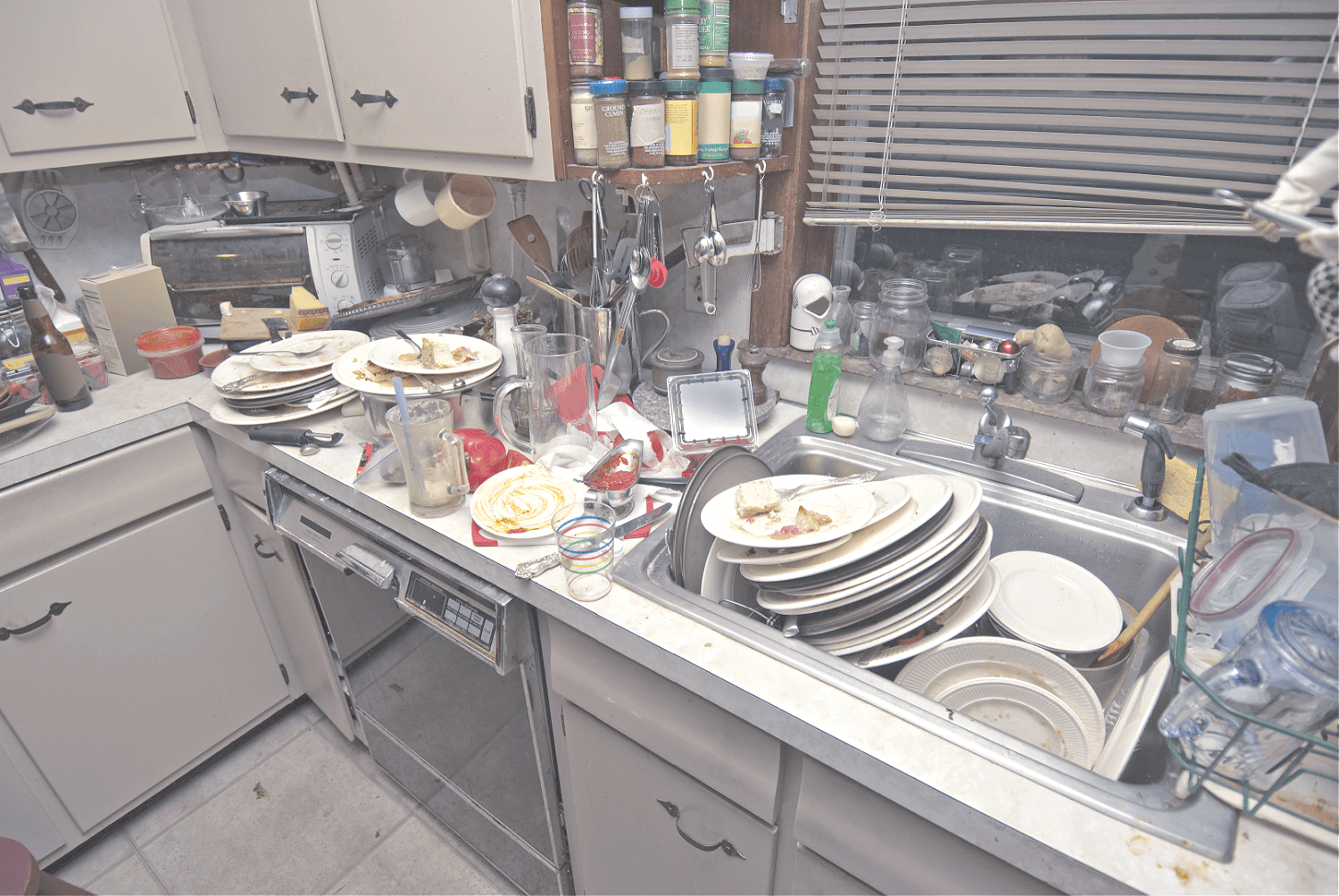How to find your zone of genius
The Zone of Genius comes from the book Gay Hendricks’ The Big Leap. In the book, Gay Hendricks talks about the zone of genius for all aspects of your life, but I use the idea a lot with clients to help them plan the next stage of developing their business.

Why the Zone of Genius idea is useful for your business
Thinking about your Zone of Genius helps you to prioritise what you do in your business. It’s all too easy to find yourself doing one more thing for a client, spending time on admin, or cruising the internet to find even more useful thoughts on how to run a successful business. Then, all of your time gets eaten up with this. And the projects that will make the most difference to the two elements that count in business remain undone.
These two elements are:
1. Making good money
2. Enjoying running your business. Or having fun, as I call it. Here’s more on my philosophy of how your business can create tons of money and fun
Focusing on keeping within your Zone of Genius helps you get more money and more fun.
How Gay Hendricks’ Zone of Genius works
In his book The Big Leap, Gay Hendricks asks us to think about the things we do in our lives and categorise them in four ways. You spend your life going between different zones, incompetence, competence, excellence and genius.
Hendricks suggests that we gain more fulfilment and happiness when we spend more time on activities in our zone of genius. I’d like to add to this that your business needs you to be operating more in your zone of genius for it to be successful.
The activities where you are competent or even excellent are probably where your competitors are also at least capable. Where you can create value is by concentrating on the activities in your zone of genius – the ones only you can do, or where you’ve done your 10,000 hours of deliberate practice to get bloody good.
The four zones are:
1. Zone of Incompetence
These are the things you do that you’re not that great at doing. Probably because you don’t pay that much attention, they bore you or you’re just not suited to them.
Mine include:
- Remembering stuff
- Singing
- Tidying
- Graphics
- Washing up

Not my actual kitchen
You’ll see that some of these are things I can compensate for (I have lots of notes and recurring ClickUp tasks to help me with remembering stuff), and some are ones which I should have started at the age of three if I wanted to be any good at (singing). Still, most are ones that I don’t care about, so I get someone else to do the graphic design and have somehow arranged for my partner to ban me from washing up cos I’m not up to standard.
2. Zone of Competence
In the Zone of Competence, you put the things you’re okay or even good at doing. You can do these things, but they don’t interest you that much, and you wouldn’t go out of your way to get much better at them. I’m good at spreadsheets, but I’ve only developed that because I’m interested in finding patterns of information in numbers. I have no wish to be the world’s best at doing pivot tables, so any time I need something more sophisticated than just colour coding or calculating a client’s gross profit margin, I’ll wing it over to Peter who definitely has spreadsheets in his Zone of Genius.
3. Zone of Excellence
Your Zone of Excellence is for all the things you do that you are good at, you probably enjoy doing, and you’re used to. You’ve enjoyed getting good at doing these activities, but you probably are not driven to become truly excellent at them. If you did them every day for the next 10 years, you would become bored and frustrated.
My Zone of Excellence contains:
- Public speaking
- Playing Hive
- Cycling
- Organising projects
- Cooking Indian food
You’ll see that my list includes some things which I enjoy doing and I wouldn’t want to stop. I love cooking Indian food, and it’s a big part of my life, having friends around to eat my paneer curry and green bean thoran. And I’m good at it, according to my pals who eat it all up and come back. But I’m not going to retrain as a chef or open a restaurant. I’m happy doing this for my enjoyment. Because I know that I don’t have what it takes to run a food business and because this is very unlikely to create much wealth for me, it’s more likely to lose me all my savings.

I’m good at public speaking, and I enjoy doing it every so often. But it stresses me out, and other people are way better at it than I’ll ever be. To be honest, I’d much rather sit at my desk and run a workshop on Zoom or build an exciting new product.
Zone of Excellence = the danger zone
Gay Hendricks describes the Zone of Excellence in his book as dangerous. The Zone of Excellence is dangerous because it’s where most of us tend to spend most of our time, rather than the Zone of Genius. He describes being stuck in a rut or “comfortably numb” when we’re in our Zones of Excellence.
4. Zone of Genius
The activities you most love to do make up your Zone of Genius. The ones where you get up in the morning and think, “Great, I’m going to be doing X today”.
Ideally, in your work and business, these Zone of Genius activities are the ones which will bring in the most money for you. Maybe they don’t contribute money directly, or maybe people don’t pay you for that activity exactly, but they’re a part of your unique way of doing things, which means that your business is unique or better than the rest in some way.
I like to think of your Zone of Genius as being the things you’d love to do even if you didn’t have to do them for the business. You could happily spend all day doing these, and it feels great.
Here are my Zone of Genius activities:
- Conversations with clients
- Strategy
- Mindmaps
- Learning new skills
- Writing (want to get better)
No one is going to pay me just for a mindmap, no matter how many pretty coloured pens I use. However, working on a mindmap is an integral part of getting my brain to work out a problem. I use them for planning new products, writing articles like this one, and getting to the heart of a new strategy for a coaching client.
And although I sell my books, only a tiny part of my income comes from book sales. And my articles on Medium earned me $0.27 last month, so I can’t say I’m earning a living from writing. But I love doing this, and it makes me happy when someone emails me to tell me that one of the business stories I send out every week by email has made a difference to how they run their business.
Writing new articles like the one you’re reading right now both makes me happy and brings me new clients. It’s, therefore, right in my Zone of Genius, and I should do it as much as I can, kicking out the activities in the other Zones.
How to find your Zone of Genius
Here’s how to work out your Zone of Genius.
- Sit somewhere quietly with a pencil, eraser, paper and this worksheet (see how to download the worksheet below )
- Think about all the activities you’ve done over the last week and write them into the different sections of the worksheet.
- Be prepared to take some of them out and put them in different boxes as you go along.
- In particular, be prepared to demote some of your activities from the genius zone to the excellence zone.
- As you go along, ask yourself these questions from Gay Hendricks’s book The Big Leap
“What do I most love to do? (I love it so much I can do it for long periods without getting tired or bored).”
“What work do I do that doesn’t seem like work ?”
“In my work, what produces the highest ratio of abundance and satisfaction to the amount of time spent?”
“What is my unique ability?” (What can I do that others are unlikely to be able to do at this level?)

Developing your zone of genius
You might want to add in, ‘What would I like to do at a much higher level than others and get enjoyment from developing my skills in this?’ You don’t need to be at the highest level already. You’ll notice that I include writing in my Zone of Genius example list. I’m not Tolstoy, but I love writing and learning how to become a better writer.
As you go along, you might experience feelings of frustration. Or you remember that last week you got to spend a whole afternoon doing one of the activities from your Zone of Genius—and feeling time stopping as you’re fully absorbed in what you’re doing. Or you think that doing this was a delicious treat, so much more fun than what you usually get to do.
I get antsy if I’ve not been able to spend time writing articles or working out new strategies for clients. I need that particular stimulation to feel good about my week.
When we are successful in our Zone of Genius, we experience what Mihaly Csikszentmihalyi calls “flow”.
Your Zone of Genius isn’t just important for satisfaction.
When you want your business to stick around for the long term, to build something sustainable and to scale up to a more profitable business, you need to be working in your zone of genius. Not just because this will be more fun, more intrinsically interesting and satisfying for you but also because that’s where the money is.
The key to competitive advantage comes from doing things differently from your competitors. Plus, of course, learning the skills needed to run a successful business and persuade people to give you their money, but that’s a different subject. And you’ll probably find the source of your unique selling point within your Zone of Genius. I would say I’m a great business coach because of all the time I’ve spent in my Zone of Genius, talking with clients and working out strategies using mindmaps. Most of my coaching clients don’t know that I use mindmaps to plan our meetings. And they wouldn’t care if they did. But it’s part of my competitive advantage.
When you do your Zone of Genius exercise, keep this idea in mind – for my work, what do I love to do which also gives my business its competitive advantage?
Why we don’t stay in our Zone of Genius
If working in our Zone of Genius is so essential for making a good living, creating a sustainable business, and being enjoyable in itself, why don’t we spend most of our time there? Why on earth would we bother with the activities in the competent or excellence zones?
When you’re running a business, sometimes you have to do the admin because there’s no one else to do it. Here’s a guide on how to use a virtual assistant in your business so you spend less time on the admin and some thoughts on radical delegation.
And sometimes, maybe the genius zone work is just too delicious for us to let ourselves do it for long. It feels selfish. Or it brings us to the other part of Gay Hendricks’s Big Leap book, the upper limit problem.
The Upper Limit Problem
The upper limit problem is where we reach a certain level of happiness (or success, money, or health) and our upper limit kicks in. Something in our subconscious tells us that we don’t deserve this, so we do something that will mess it up. Maybe we don’t feel that we deserve to be doing work that we love, and we go back to answering emails or doing drudge work.
And sometimes you feel anything but a genius at those activities. Sometimes it hurts to be doing this kind of deep work or pushing yourself to work at a higher level. It can make your brain ache, in just the same way as pushing yourself to run 10k might make your leg muscles ache. Or we need to do something in our project which is definitely not in our genius zone, and we get stuck.
I’ll also send you some exclusive resources by email for running a successful business. Let me know how you like them.
Other useful articles to free you up
How to get the best out of a virtual assistant
I laugh at the myth of passive income
The most profitable different types of digital products you can sell
Could your business use some radical delegation
What happens to my limited company if I die?
Get my best content exclusively by email


